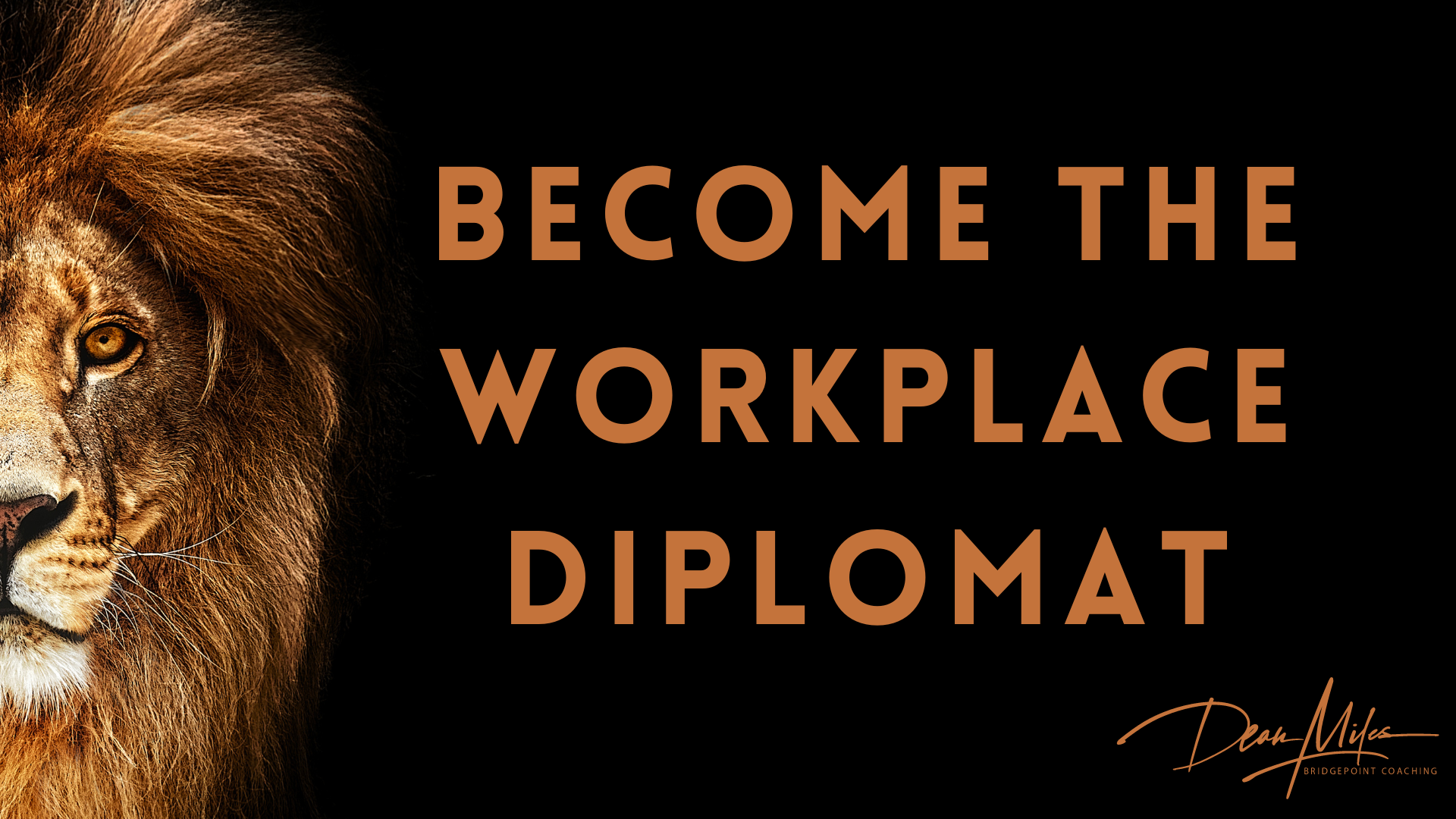Sep03

The role of the diplomat has evolved considerably over the centuries. In ancient times, diplomats were often sent on long journeys to establish trading relationships or deliver messages between rulers. The most famous example is perhaps the Greek messenger Pheidippides, who is said to have run over twenty miles to bring news of a victory at the Battle of Marathon. Since the beginning of recorded history, there have been those who have acted as intermediaries between different groups. In ancient times, these Diplomats were often religious or political leaders, chosen for their ability to resolve conflict and build relationships. As international trade increased and travel became more common, the need for experienced diplomats grew. By the early 1700s, the role of a diplomat had become formalized, with different countries sending envoys to represent their interests abroad. Today, diplomacy remains an essential part of maintaining peace and stability around the world. Experienced diplomats are still vital in resolving conflicts and promoting understanding between different cultures.
Throughout history, many great diplomats have worked to promote peace and understanding between nations. While each diplomat has had their unique style, some traits have been shared among many of the most successful. Great diplomats have typically been very articulate and able to communicate their views. They have also been skilled at finding common ground and compromise, even when the two sides seem far apart. Additionally, they have usually been patient and persistent, willing to continue working towards a resolution even when progress seems slow. Finally, many great diplomats have also been very knowledgeable about the cultures and histories of the countries they are dealing with, allowing them to build trust and credibility. While not all diplomats possess all these qualities, those who do are often the most successful in promoting peace and understanding.
In ancient Greece, the Athenian diplomat Thucydides was instrumental in negotiating peace between Athens and Sparta. During the Middle Ages, Francesco Petrarca served as a diplomat for the Pope, helping to secure papal states in Italy. In more recent times, Woodrow Wilson was a crucial figure in the foreign policy of the United States, and his work helped to establish the League of Nations. These are just a few examples of the many diplomats who have played a vital role in history.
In the workplace, diplomats are the ones who can see both sides of every issue and come up with creative solutions that satisfy everyone. They’re the ones who can keep a cool head under pressure and calmly diffuse tense situations. In other words, they’re the ones who always seem to know exactly what to say (and when to say it).
So how do you become the workplace diplomat? First, it’s important to remember that there is rarely just one “right” answer to any given problem. Instead of jumping to conclusions, take the time to think about all of the different perspectives involved. Once you understand the issue better, you can start working on finding a compromise that everyone can live with. And finally, don’t forget the power of communication. When you can communicate your thoughts and feelings effectively, finding common ground with others is much easier.
If you want to be successful in the workplace (or in life), learning how to be a diplomat is essential. It may not always be easy, but it’s worth the effort.
By Dean Miles
Keywords: Startups, Business Continuity, Mental Health
 Lateral Moves: The Most Overlooked Succession Strategy in Companies
Lateral Moves: The Most Overlooked Succession Strategy in Companies The Asset Play: Timing, Structure & Global Arbitrage
The Asset Play: Timing, Structure & Global Arbitrage  The Orchestra Needs a Conductor: Why Multi-Model Agents Require H2E Governance
The Orchestra Needs a Conductor: Why Multi-Model Agents Require H2E Governance The Role of Memory in Modern-day Business
The Role of Memory in Modern-day Business The Architectures of Permanence: A Comparative Analysis of the "Big Three" AI Strategies (2026)
The Architectures of Permanence: A Comparative Analysis of the "Big Three" AI Strategies (2026)